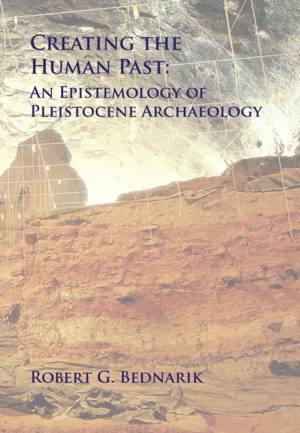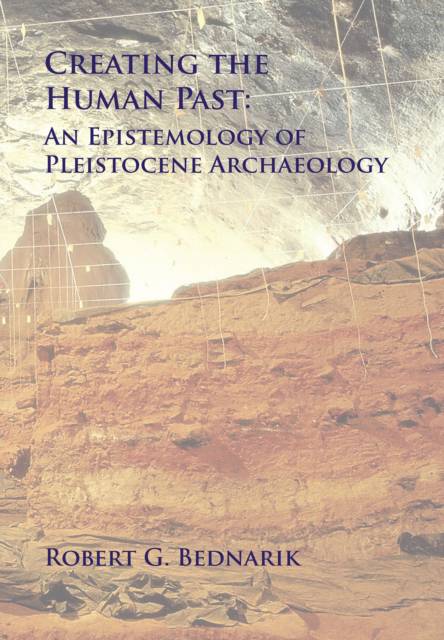
- Afhalen na 1 uur in een winkel met voorraad
- Gratis thuislevering in België vanaf € 30
- Ruim aanbod met 7 miljoen producten
- Afhalen na 1 uur in een winkel met voorraad
- Gratis thuislevering in België vanaf € 30
- Ruim aanbod met 7 miljoen producten
Zoeken
Creating the Human Past
An Epistemology of Pleistocene Archaeology
Robert G Bednarik
Paperback | Engels
€ 20,45
+ 40 punten
Omschrijving
This book examines systematically both the theoretical and practical issues that have characterized the discipline over the past two centuries. Some of the historically most consequential mistakes in archaeology are dissected and explained, together with the effects of the related controversies. The theoretical basis of the discipline is deliberated in some detail, leading to the diagnosis that there are in fact numerous archaeologies, all with different notions of commensurability, ideologies, and purposes. Their various perspectives of what archaeology is and does are considered and the range of views of the human past is illuminated in this book. How humans became what they are today is of profound importance to understanding ourselves, both as a species and individually. Our psychology, cognition, diseases, intellect, communication forms, physiology, predispositions, ideologies, culture, genetics, behavior, and, perhaps most importantly, our reality constructs are all the result of our evolutionary history. Therefore the models archaeology-especially Pleistocene archaeology-creates of our past are not just narratives of what happened in human history; they are fundamental to every aspect of our existence.
Specificaties
Betrokkenen
- Auteur(s):
- Uitgeverij:
Inhoud
- Aantal bladzijden:
- 188
- Taal:
- Engels
Eigenschappen
- Productcode (EAN):
- 9781905739639
- Verschijningsdatum:
- 15/06/2013
- Uitvoering:
- Paperback
- Formaat:
- Trade paperback (VS)
- Afmetingen:
- 175 mm x 241 mm
- Gewicht:
- 498 g

Alleen bij Standaard Boekhandel
+ 40 punten op je klantenkaart van Standaard Boekhandel
Beoordelingen
We publiceren alleen reviews die voldoen aan de voorwaarden voor reviews. Bekijk onze voorwaarden voor reviews.








